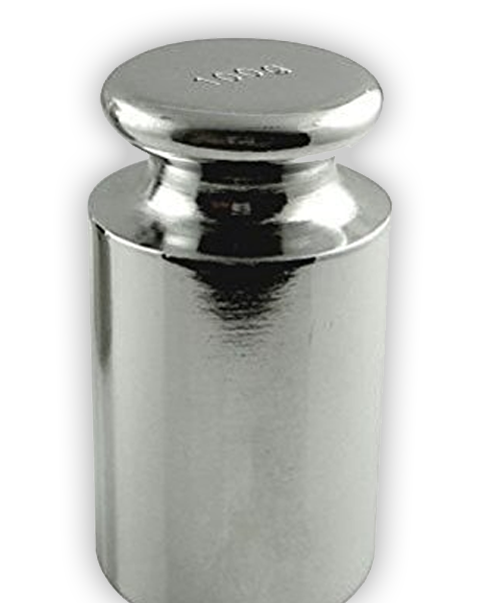Experienced and efficient technicians
We calibrate most class types of calibration weight.
Minimise measurement uncertainty
Trust the professionals at PASS to calibrate your instrument with a fast turnaround.








from £40

Weight & Mass Price List
| Instrument Type | Price (Ex VAT) |  3 Day Turn Around |
|---|---|---|
| Weights (Up to 250Kg) | From £40.00 | |
| Weights (251 to 500Kg) | From £55.00 | |
| Weights (501 to 1,450Kg) | From £70.00 |
Why choose PASS?
Our team of highly trained professionals are able to ensure that test instruments are performing correctly and conform to all manufacturer standards. We are able to adapt our calibration procedures to suit your needs and can provide on-site calibrations at your premises. Alternatively, our technicians are able to perform your calibration in our in-house ISO9001 calibration lab.
Occasionally during calibration, our team of professionals will uncover a fault with the test instrument. Should this occur, we are also able to repair your test equipment, with your permission, and calibrate your device to ensure that it is safe for use and gives correct readings for another year.
About Weight & Mass Calibration
What is the difference between Weight & Mass?
Weight is often taken to mean the same as mass, however, there is a difference, which for calibration purposes is important to note:
- Mass is the measurement of the amount of material that makes up the object.
- Weight is the gravitational force acting on the object.
Why Calibrate?
Accuracy is key as weights are used to calibrate scales and other weighing equipment, an inaccurate weight, in turn, will have a knock-on effect and will produce inaccurate scale calibration. A calibrated set of weights allow the scale error of the balance to be assessed and corrected to the highest accuracy.
Calibration weights are available in a wide range of classes and specifically used for certain types of balances such as:
- M1 calibration weights are used for testing and calibrating standard scales
- F1 calibration weights are used for testing and calibrating precision electronic balances
- E2 calibration weights are used for testing and calibrating analytical balances
If you have any questions about your weights regarding calibration, please contact us
How is it Calibrated?
Calibrating weights must be done with the greatest of care an precision, weights must not be:
- Touched with bare hands
- Handled with sharp or abrasive tools
- Come into contact with contaminated or unclean surfaces
- Slid or rolled across surfaces
- Knocked over or into each other
- Cleaned using non-recommended solvents or materials
These factors can all affect the integrity of the weight and result in inaccurate readings, therefore, appropriate care and tools must be used in the calibration process. PASS ensure to handle your weights with care to assure accuracy at all times throughout calibration. There are multiple methods of weighing techniques in mass metrology and depending on the desired accuracy depends on which method is used, methods include:
- Direct reading measurements
- Weighing by differences
- Substitution weighing
- ABA calibration
- ABBA calibration
- Cyclic weighing
- Weighing by sub-division
Weight Calibration Standards
| Weight Type | Max permissible error from nominal value at 1 kg | Use |
|---|---|---|
| Class E1 | ±0.5 mg | Used for traceability between national mass standards and OIML class E2 weights and lower |
| Class E2 | ±1.6 mg | Used for traceability of OIML class F1 weights and lower and OIML accuracy class I weighing instruments |
| Class F1 | ±5 mg | Used for traceability of OIML class F2 weights and lower and with OIML accuracy class I weighing instruments |
| Class F2 | ±16 mg | Used for traceability of OIML class M1 weights and lower and with OIML accuracy class II weighing instruments |
| Class M1 | ±50 mg | Used for traceability of OIML class M2 weights and lower and with OIML accuracy class II weighing instruments |
| Class M2 | ±160 mg | Used for traceability of OIML class M3 weights and with OIML accuracy class III weighing instruments |
| Class M3 | ±500 mg | Used with OIML accuracy class III or IIII weighing instruments |
How Often Should You Calibrate?
The periodicity of calibration is dependent on weight use and the accuracy class of the weights but annual calibration is generally advised.
Types of Weight & Mass Equipment
We offer calibration on the following weights and mass equipment:
- Weight Set
- Weights Set
- Mass Set
- Test Weight
- Test Weights
- OIML Weight
- OIML Weights
- Known Weights

